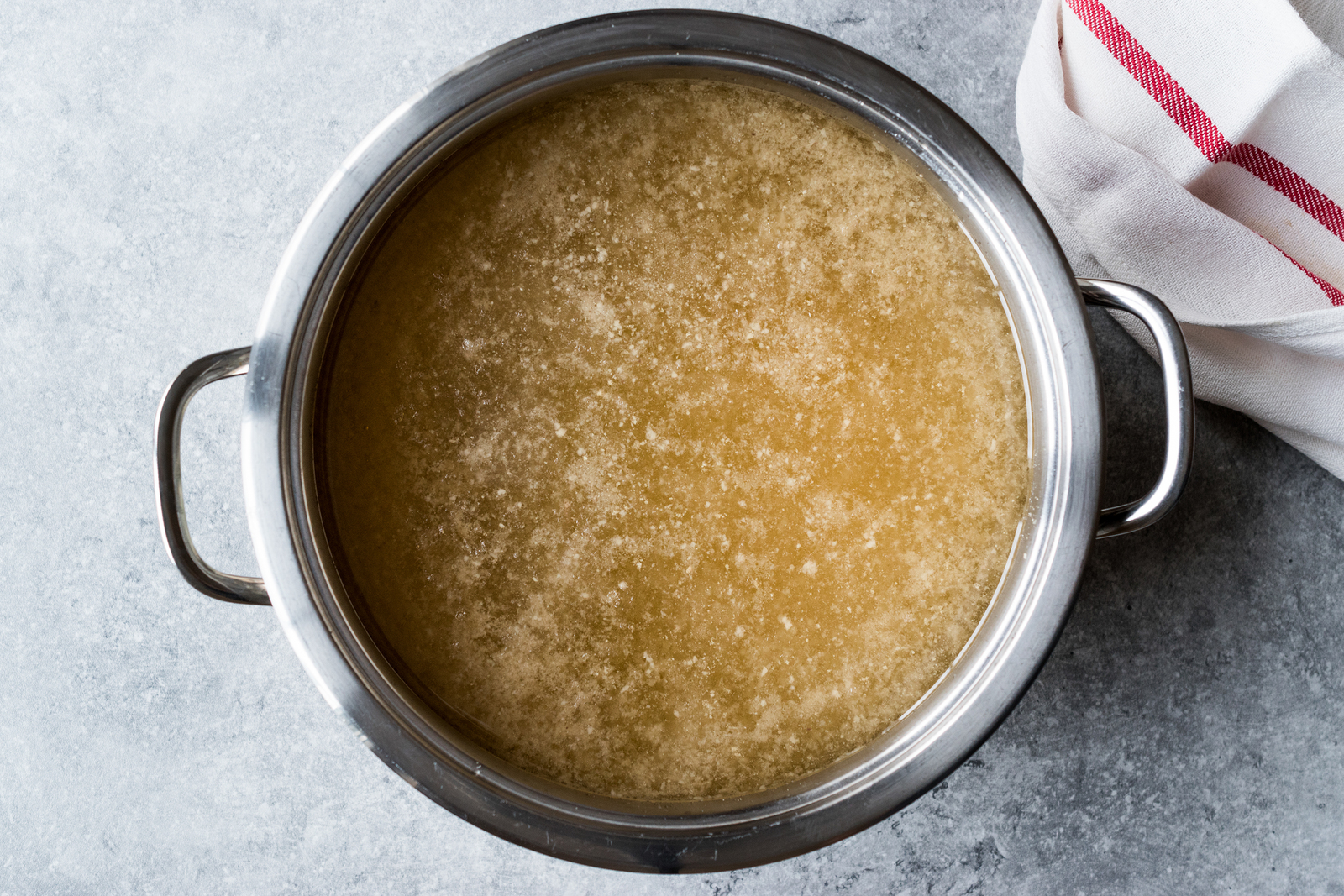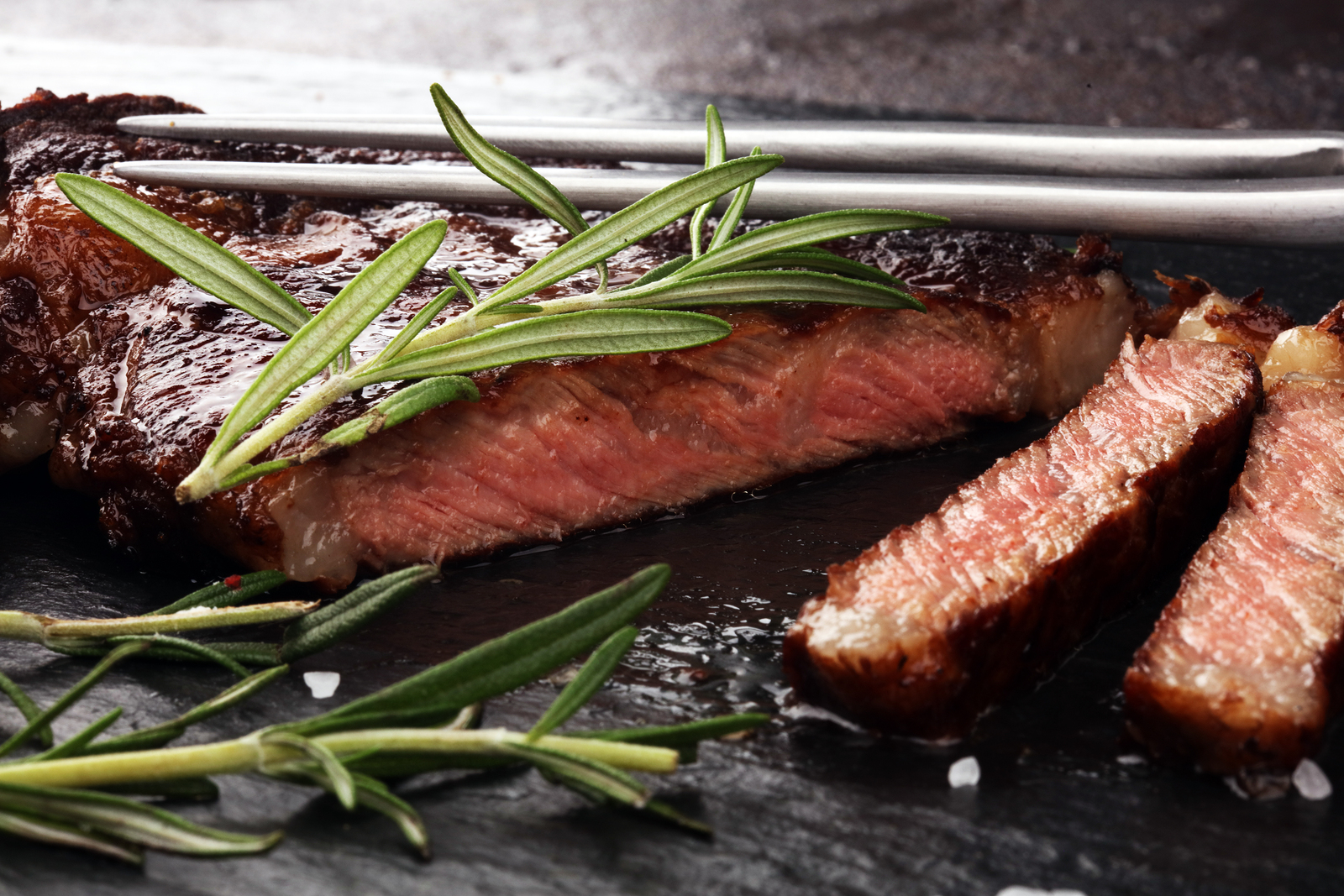29 Immortal Anthony Bourdain Quotes
Before his untimely death, Anthony Bourdain wrote over a dozen books. He traveled all over the world enjoying amazing food and culture on his show Parts Unknown. Anthony is no longer with us but his words will live on. Here are 29 immortal Anthony…



